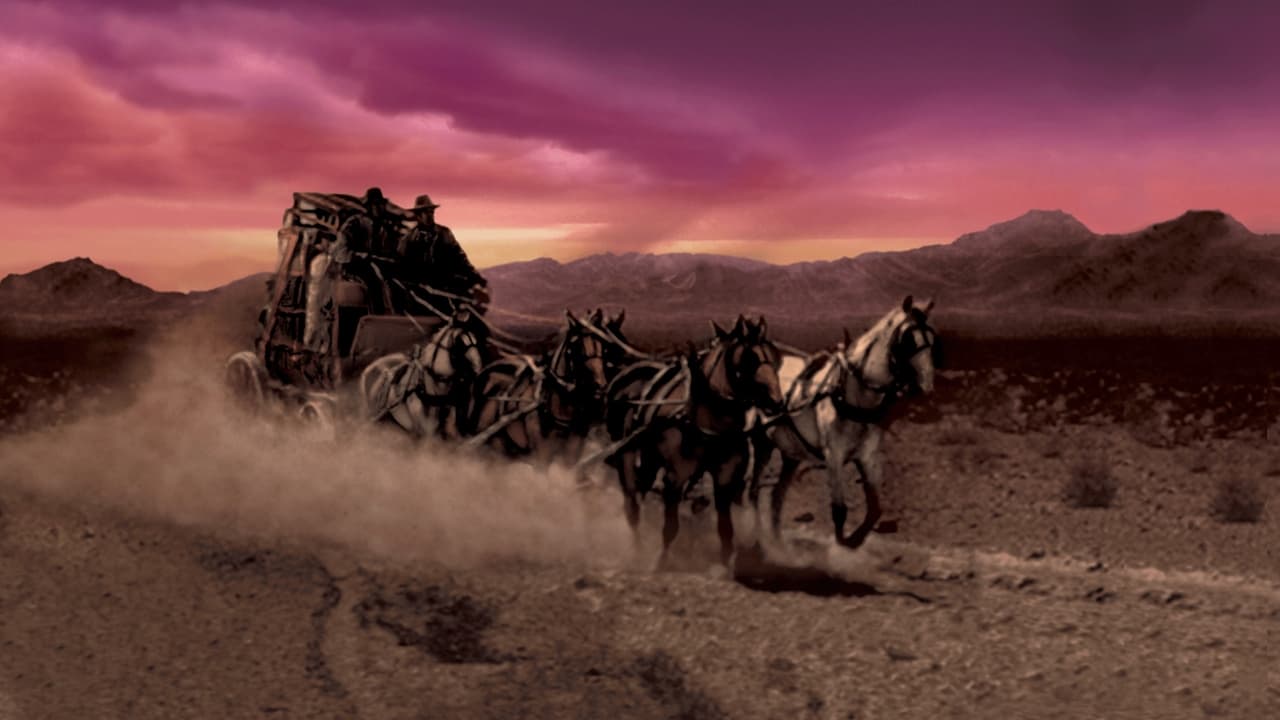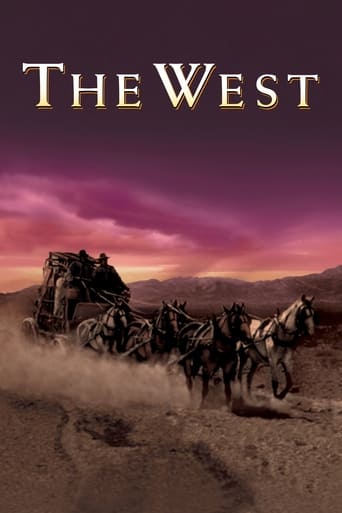Protraph
Lack of good storyline.
SeeQuant
Blending excellent reporting and strong storytelling, this is a disturbing film truly stranger than fiction
Adeel Hail
Unshakable, witty and deeply felt, the film will be paying emotional dividends for a long, long time.
Abegail Noëlle
While it is a pity that the story wasn't told with more visual finesse, this is trivial compared to our real-world problems. It takes a good movie to put that into perspective.
Leofwine_draca
THE WEST is another lengthy, epic, in-depth documentary TV series produced by Ken Burns. It's not quite up there with his work on the Second World War or the Vietnam War, but it's certainly powerful stuff, full of emotional stories, fine editing, and engaging, human-centred narratives. The scope of the show is to explore American settlers and how they displaced the Native American peoples as they spread across the country from east to west. Famous incidents are looked at, from the fall of the Alamo to the Battle of the Little Bighorn, with figures such as Buffalo Bill and Sitting Bull included.
p25735-261-505738
I started watching this series with the apprehension that they may focus too much on happened to Native Americans and portray them solely as innocent victims and portray all whites as evil perpetrators, but I was pleasantly surprised to find a pretty good balance. Yes, whites did do some terrible things to innocent people, but the native tribes also did terrible things to each other. This allowed me to enjoy the series, that is, until the last third. At that point, it seems 80% of the focus was on Native Americans and their plight, and many of the commentators became annoying by trying to wax too poetically in their analyses. It's a shame because some parts, especially the part about the building of the Transcontinental Railroad (episode 5) was very good.
Andrew Miller
I'm a huge American history buff and the westward movement is one of my favorite subjects, so when I came across this film at my local library, I checked the DVD out and watched it at home and I found it to be too generic and preachy in parts.I lost interest in it after the railroad episode. The events that are talked about in this documentary: Lewis and Clark, Texas, The Mormons, The Oregon Trail, and so on are events that I've heard about and seen countless times before in my middle and high school US history classes, on TV and through reading books on the Westward Movement.There are so many other fascinating events in the history of the West that decisive to be talked about in this documentary, but they're just overlooked. Also, people like Doc Holiday, Jessie James, Billy The Kid, Butch Cassidy and The Sundance Kid and Geronimo weren't ever talked about. This documentary's message while moving, seemed a little too preachy to me. Look, I understand that the Native Americans went through terrible hardships during the westward movement, but don't people in Africa suffer hardships at the hands of their leaders as well? Of course, there are positives to this documentary. The voice actors are great particularly Peter Coyote. The camera work is also very impressive, especially during the opening credits to each episode. The biggest thing that I like about this show is how as always with his films, Ken Burns focuses not just the famous people, but also on the ordinary people who lived through it.If you like US history and want to learn about the American West, then this show is a good place to start. Otherwise, if you're not a fan of learning about American history that you already learned in your high school history class, then give this one a pass.
Joe Garrick
Burns and Ives combine to produce a work that's very much up to Ken Burns' standards. As a viewing experience, it's everything you'd expect.And then there's the content.Much has been made about the supposed bias of Burns' presentation of the history of the west. A lot of time was spent on the way the US treated the indigenous populations, on the crimes of the US military, on the theft of lands, and the systematic attempts to eradicate native cultures. The loss of the age before white settlement is lamented. Is this a balanced perspective? Maybe not, although I don't think it's as biased as other reviews would have you believe. The triumphs of the west are told as well as the losses. Not all whites are painted as evil, nor are all natives painted as innocent. Events are often just told as they happened, and the viewer is left to draw their own conclusions. A lot of the content doesn't concern native Americans at all. More important that all of that, however, is that it's a story that needs telling. Americans have been indoctrinated with romantic fictions about the west for over a century. Giving Burns a chance to tell the other side of the story doesn't seem too much to ask. A few Hollywood movies that paint the indigenous people of America before westward expansion as noble savages - also a pleasant fiction, incidentally - does not make up for a century of bias, misinformation, and outright lies taught to American schoolchildren. What's worse is that for the most part, these fictions are still taught to American schoolchildren. At nearly nine hours, The West is an experience that will take up several of your evenings, but it's nine hours that may change the way you think about American history.

